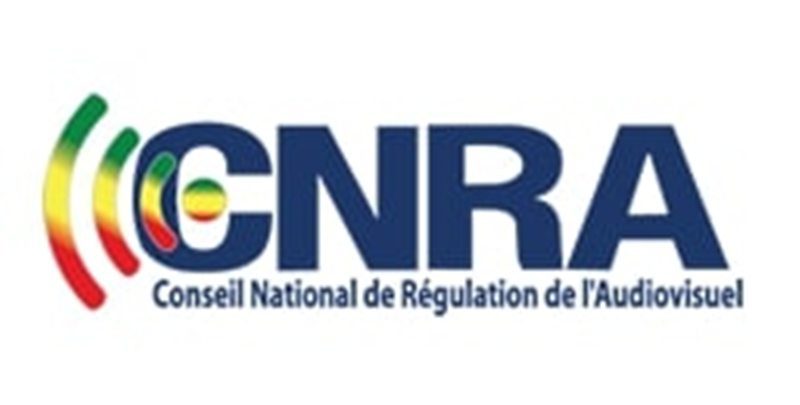Thus, during the pre-campaign period, which “runs from January 4, 2019 at 00:00 a.m. to February 2, 2019 at midnight,” the CNRA recalled that the Electoral Code prohibits the broadcasting, by the media (print, online, radio and television), of any demonstration or public declaration of support for a candidate “made directly or indirectly.”
It also warned against “any public demonstration or declaration of support made during visits and tours of an economic, social or otherwise qualified nature, carried out by any state authorities on the national territory.”
For the election campaign, which “officially begins on February 3, 2019″, the ban covers the use of any commercial advertising process for election propaganda purposes through the written or online press, radio and television.
At this level too, public service broadcasting is “subject to the obligation to respect” the principle of equality, in the airtime made available to candidates where the media, other than public service broadcasting, which deals with the electoral campaign, “are required to strictly respect” the rules of equity and balance in the treatment of candidates’ activities.
For the end of the first round campaign scheduled for February 22, 2019 at midnight, it is prohibited, on the eve of the election and on polling day, “the dissemination by the media of any election propaganda,” a prohibition that simultaneously concerns “any element relating to the election campaign (debates, interviews, press releases and reviews).”
In addition, the CNRA referred to “the particular case of community radio stations” which, according to Article 18 of the specifications applicable to them, may not broadcast information, messages or debates of a political nature.


